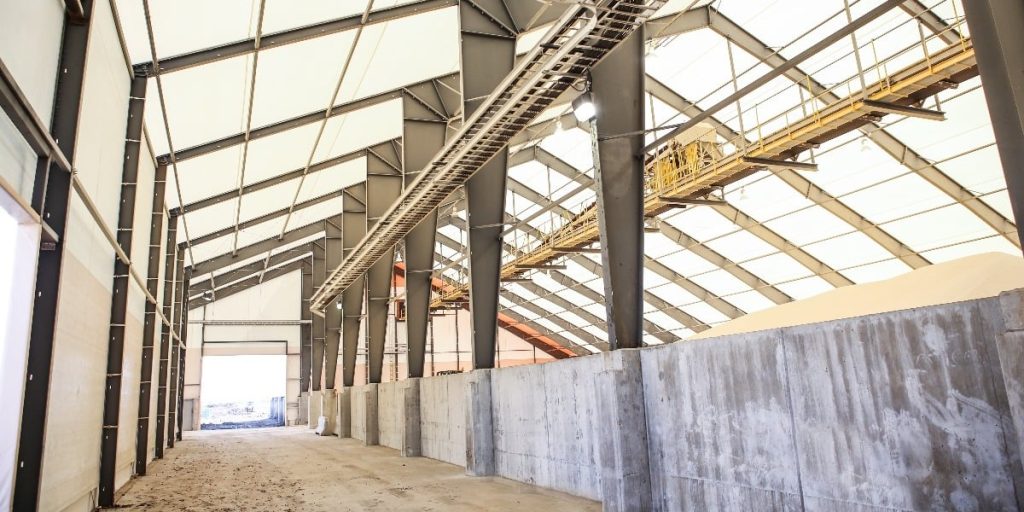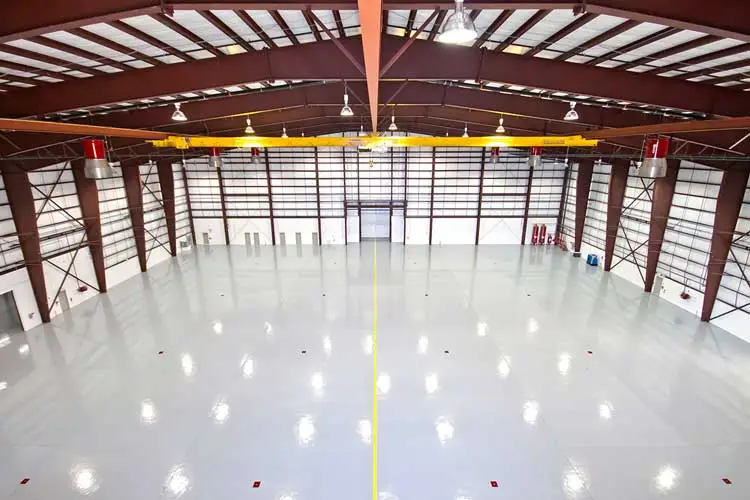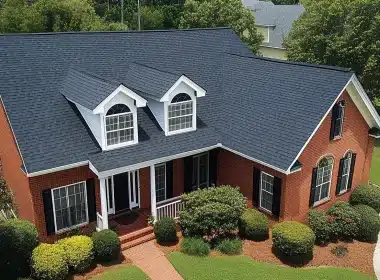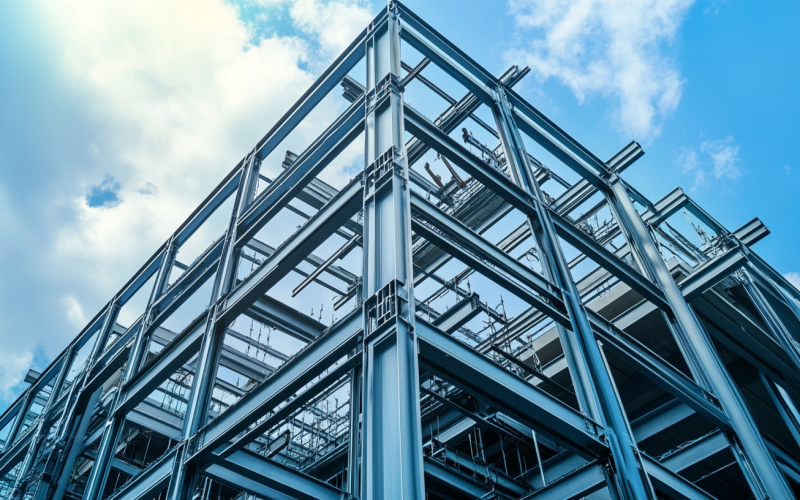Are you looking for a construction solution that can meet the diverse needs of your commercial or industrial project? How do rigid frame constructions stand out as a versatile and reliable option?
Let us explore how these structures cater to the specific requirements of different sectors and why they have become a preferred choice for many businesses.
Versatility Across Industries
Because of its extreme adaptability, rigid frame designs can be used in a broad range of commercial and industrial settings. Whether you are in the manufacturing, warehousing, or retail industry, a rigid frame building can be customized to meet your specific needs.
For instance, these buildings provide the necessary space and structural support for heavy machinery and production lines in the manufacturing sector. The open-span design allows an unobstructed interior to accommodate large equipment and facilitate efficient workflows.
In the warehousing industry, these buildings offer high ceilings and expansive floor areas ideal for storage and distribution. They can easily be equipped with overhead cranes, loading docks, and other essential features that streamline operations.
Retail establishments can use them to construct warm, customer-attracting rooms that are flexible enough to adjust to shifting market demands.
Structural Specifications and Strength

These buildings are engineered to handle substantial loads and resist various environmental factors, ensuring long-term durability. According to specifications standards, they typically include tough steel beams, columns, and rafters that form a solid framework capable of supporting large roof spans and heavy equipment.
Businesses may customize the structure to meet their unique operational requirements by modifying the design to accommodate different roof pitches, bay spacing, and frame widths.
Additionally, the structure is designed to meet or exceed local building codes and standards, ensuring it can withstand wind, snow, and seismic activity. This level of reliability is essential for industries that require dependable, long-lasting facilities.
Efficiency in Construction and Maintenance
One of the standout features is their efficiency in both construction and maintenance. These buildings are prefabricated, which means the components are manufactured off-site and quickly assembled on location. This process significantly reduces construction time, allowing businesses to get up and running faster, which is particularly beneficial for industries with tight project timelines.
Additionally, the efficient construction process contributes to various cost-saving benefits:
- Quick Assembly: Prefabricated components ensure faster construction times.
- Lower Labor Costs: Reduced on-site work leads to cost savings in labor.
- Minimal Maintenance: The durable materials used in rigid frame construction require less upkeep over time.
- Energy Efficiency: With proper insulation, these buildings can be highly energy-efficient, reducing operational costs.
Customization and Expansion
 This construction offers unparalleled customization options, making them ideal for businesses with unique requirements. For example, a rigid frame construction can be designed to accommodate specific industry needs, such as incorporating mezzanine floors for additional office space in a warehouse or including specialized ventilation systems for manufacturing plants. The flexibility of design allows businesses to create a space that perfectly suits their operational needs.
This construction offers unparalleled customization options, making them ideal for businesses with unique requirements. For example, a rigid frame construction can be designed to accommodate specific industry needs, such as incorporating mezzanine floors for additional office space in a warehouse or including specialized ventilation systems for manufacturing plants. The flexibility of design allows businesses to create a space that perfectly suits their operational needs.
Moreover, these buildings are easily expandable. As businesses grow and their needs change, rigid frame constructions can be modified or extended without requiring a complete rebuild. This adaptability is advantageous for industries anticipating future growth or responding to market changes quickly.
Suitability for Diverse Operational Needs
These structures can be engineered to accommodate specialized equipment, heavy machinery, and complex systems, making them an ideal choice for industries that require customized solutions.
Moreover, these buildings can be fitted with advanced systems such as HVAC, fire safety, and lighting, personalized to the unique requirements of each industry. The ability to customize to suit particular operational requirements makes them a versatile and practical choice for multiple commercial and industrial applications.
Whether you are in manufacturing, warehousing, or retail, a rigid frame building can be customized to meet the specific needs of your industry. With the added benefits of quick construction, low maintenance, and adaptability, these buildings offer a practical and cost-effective solution for businesses. Investing in it ensures that your project is built to last and capable of evolving with your business needs.





